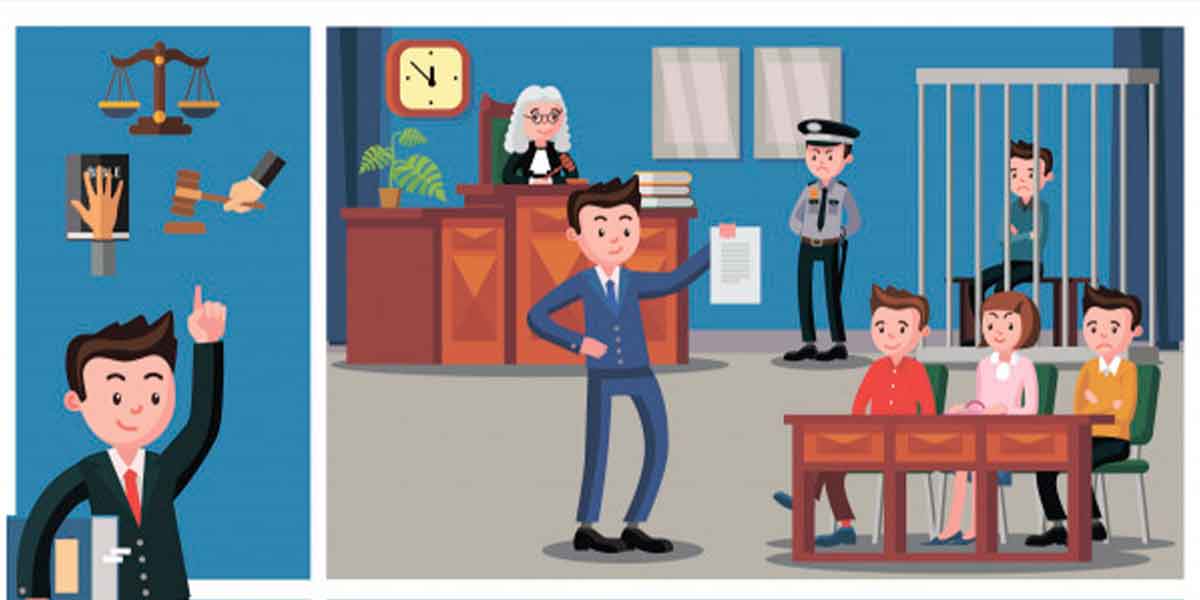Coping with the loss of a loved one is already a challenging time, and dealing with the intricate financial and legal aspects can add to the burden. Unfortunately, this is often the reality for the family members of the deceased who must navigate the probate process.
Understanding the probate process is crucial for those left behind, as it can prevent any unexpected surprises along the way. Questions may arise regarding who will oversee the will, how to avoid the lengthy probate process, and what happens if there is no will in place. Avoiding probate can lead to significant cost savings, expedite asset distribution, and maintain family privacy.
Exploring Probate and the Benefits of Avoiding It
Probate is a legal procedure that involves managing the estate of a deceased individual. Having a valid will simplifies the process by outlining asset distribution and appointing an executor to carry out the deceased’s wishes. Avoiding probate offers several advantages, including:
- Quicker and easier access to funds for beneficiaries
- Avoidance of costly fees and executor expenses
- Maintaining confidentiality of estate assets
Benefits of Probate and Why It Matters
While avoiding probate may seem appealing, there are benefits to going through the process, such as:
- Clarifying the deceased’s intentions and ensuring compliance with state laws
- Facilitating charitable donations and specific beneficiary designations
- Limiting creditor claims against the estate
Deciding whether to undergo probate or avoid it entirely depends on individual circumstances. Planning ahead and creating a will can help streamline the process and reduce potential conflicts among heirs.
Strategies for Avoiding Probate
There are various methods to avoid probate, including:
1. Understanding state exemption levels and expedited procedures for small estates
2. Gifting assets while alive to reduce the estate subject to probate
3. Establishing a living trust to hold assets outside of the probate process
While these strategies can be effective, seeking guidance from a knowledgeable attorney specializing in estate planning is advisable to ensure a smooth transition of assets.




